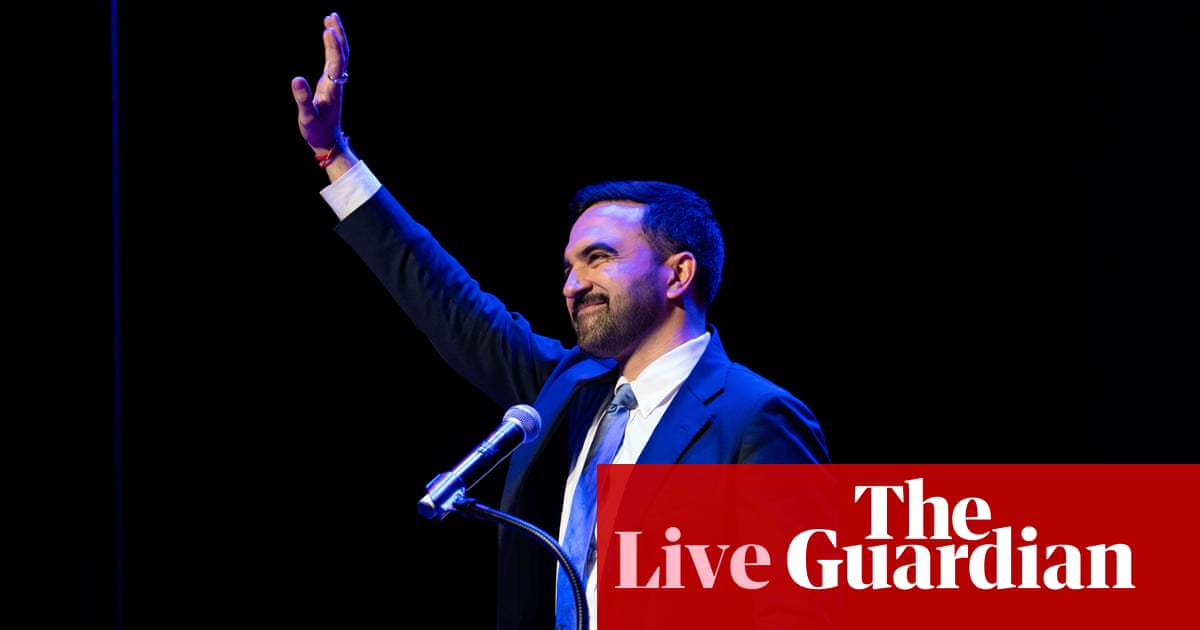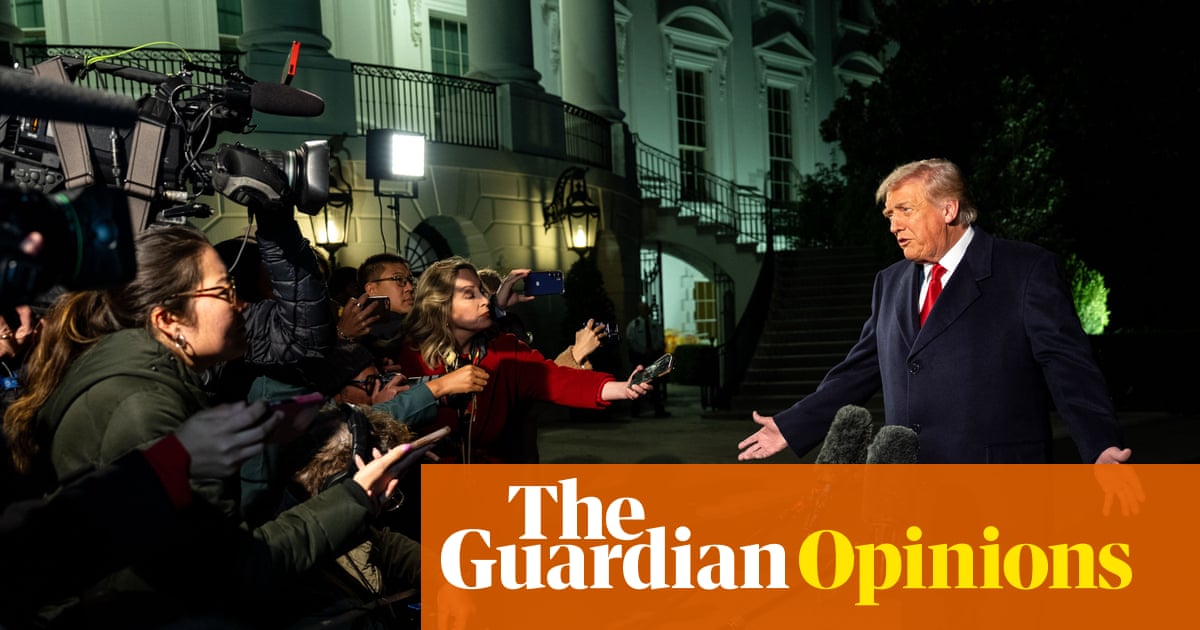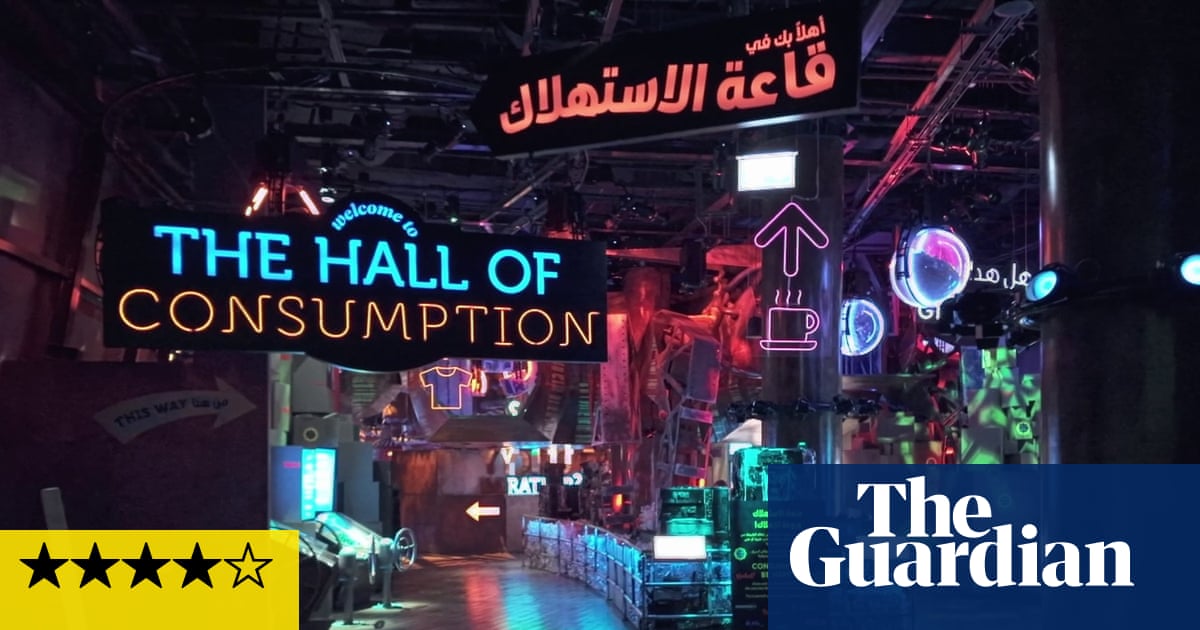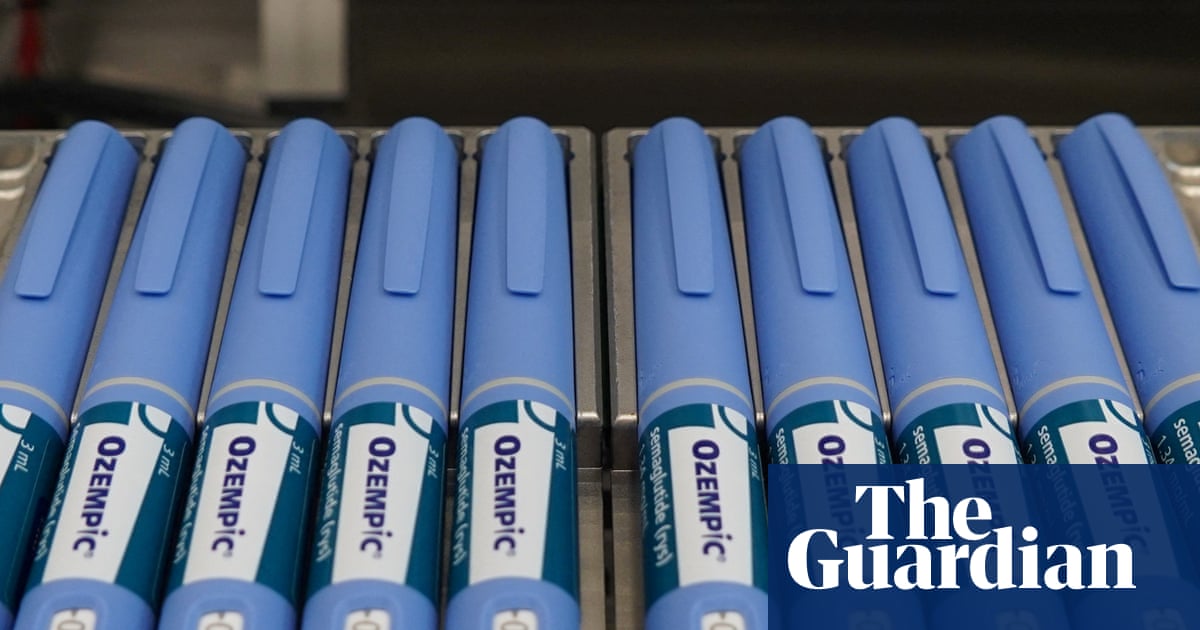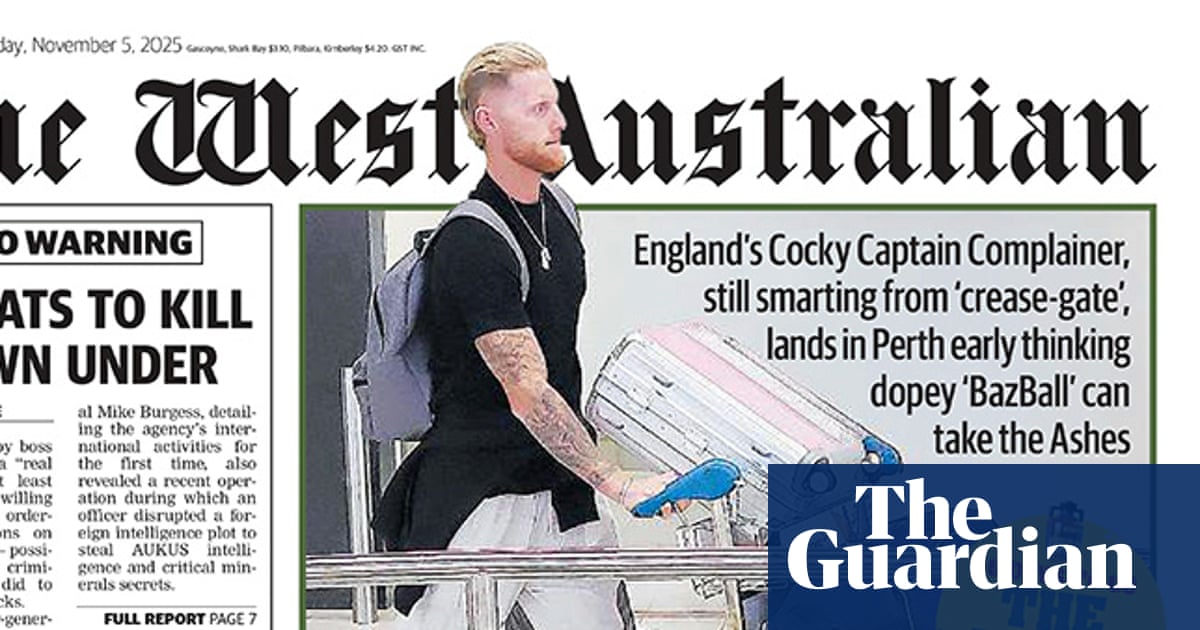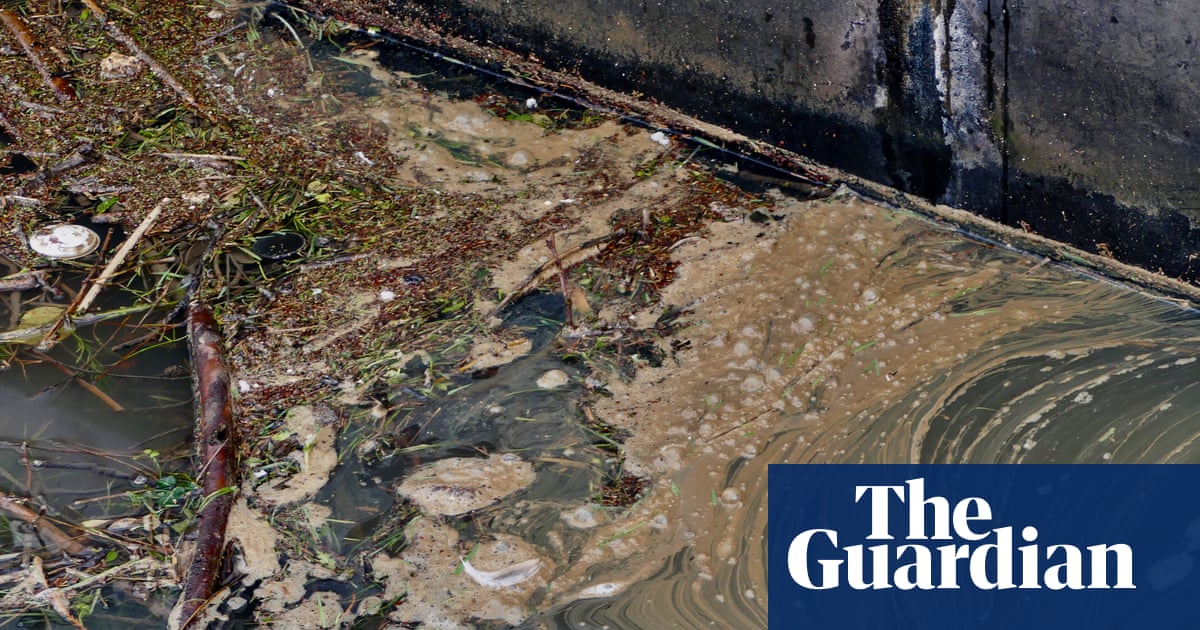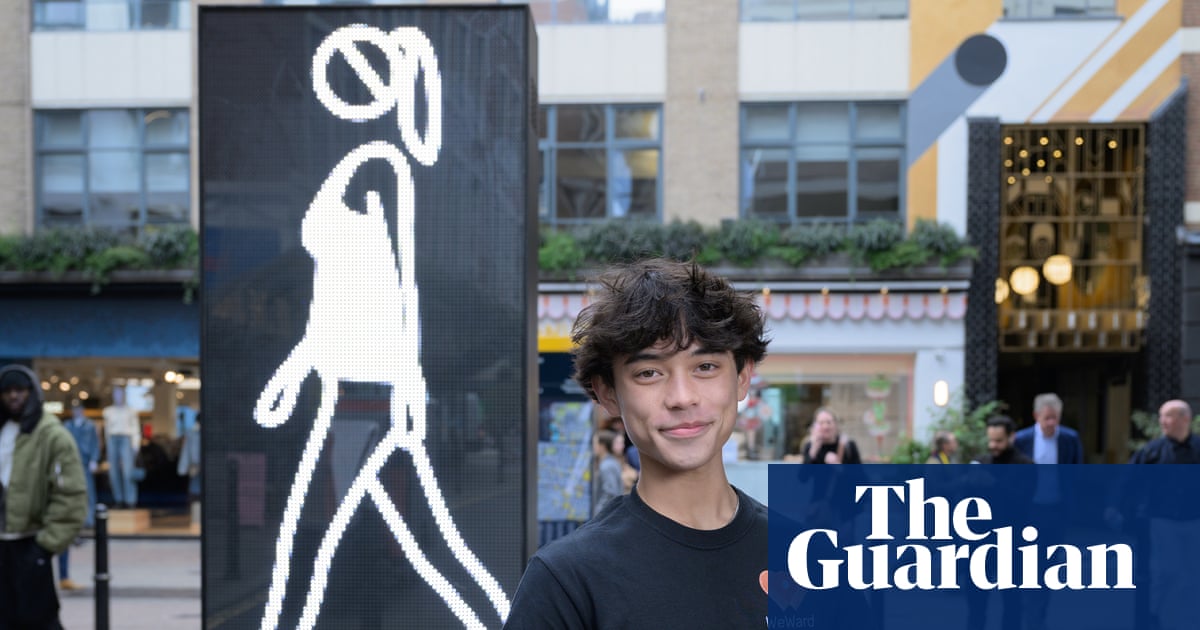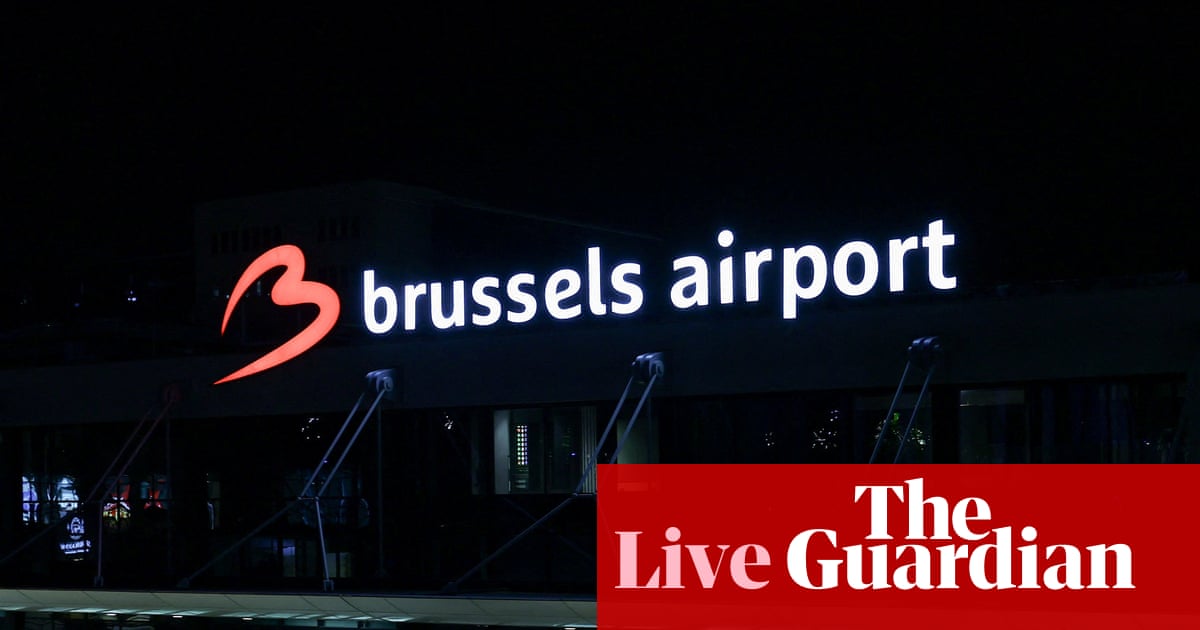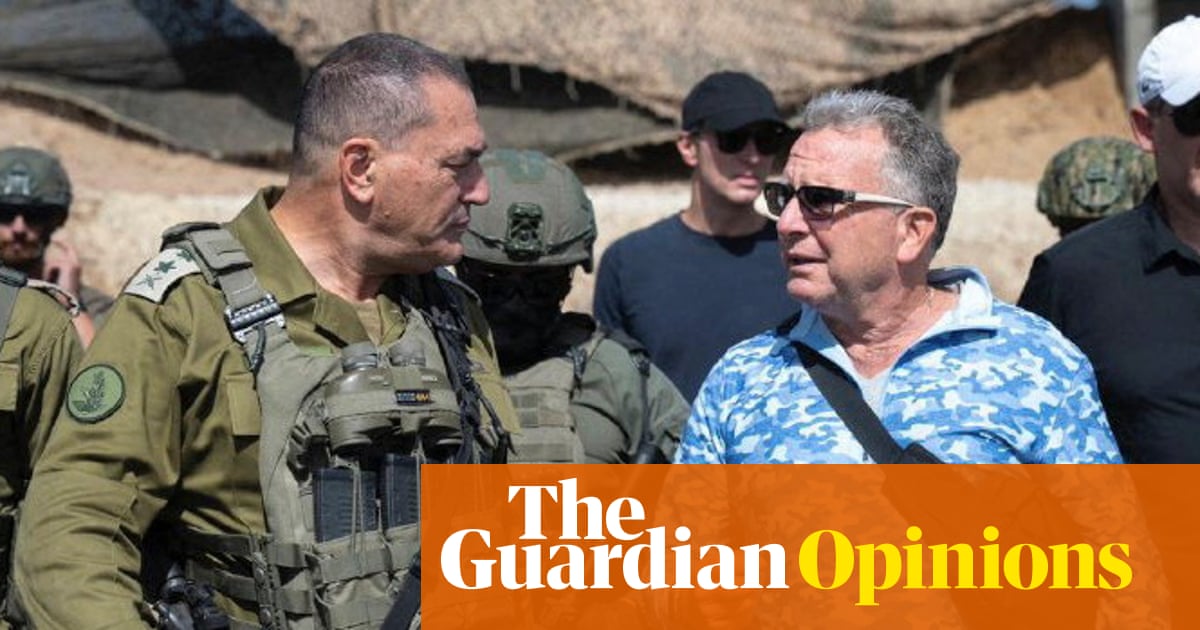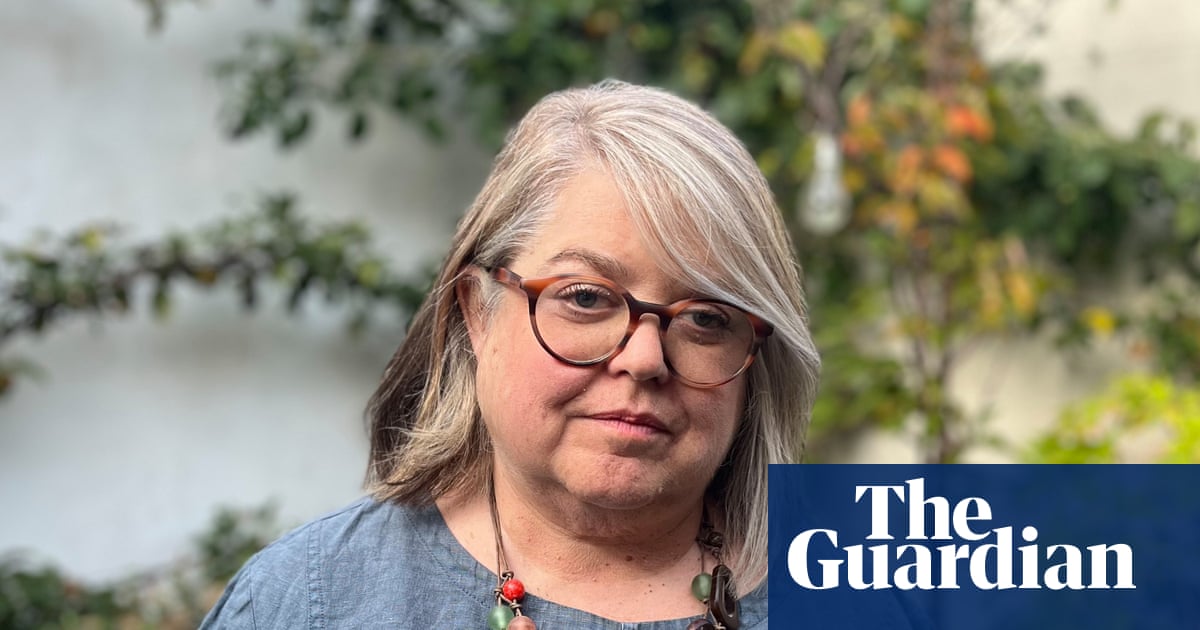Your editorial on the so-called war on drugs (Donald Trump is turning a failed metaphor into a more dangerous reality, 7 September) is correct: the extrajudicial killing of alleged drug traffickers will not solve the US fentanyl crisis.
Anyone who has followed past attempts to militarise drug law enforcement will know that such efforts are bound to fail. For instance, despite billions in military and counternarcotics assistance by successive US administrations, Colombia now produces more cocaine than ever before, flooding a rapidly growing market.
Similarly, hard-hitting military responses in one country have pushed the problem across borders. Ecuador and Brazil have experienced significant surges in drug trafficking and crime as a result of Colombia’s (unsuccessful) crackdowns.
There is only one way to wrestle control from the criminal cartels: governments must shift focus away from law enforcement and treat drug misuse as a public health issue. They should also decriminalise personal use and possession and work towards creating legal and regulated drug markets. This will not completely eliminate the illicit market, but it will significantly reduce its share, while bringing choice, transparency and a safer supply to millions of people who use drugs.
Alcohol and tobacco have seen consumption decline not because they were banned, but because they were regulated, taxed and accompanied by public education. It is hard to believe that these lessons have yet to be applied fully to currently illicit drugs.
North America’s fentanyl crisis is heartbreaking, but repeating the mistakes of the past will deepen the loss. We need courage and honesty. The “war on drugs” has failed everywhere. Ending it now will save thousands of lives.
Richard Branson
Member, Global Commission on Drug Policy; founder, Virgin Group
I appreciated your article on Rand Paul’s response to the Trump administration’s escalation of its counterdrug policies in the Caribbean (Republican condemns Vance for ‘despicable’ comments on Venezuelan boat strike, 7 September). As a former military officer involved in US Southern Command’s counterdrug policies in Central and South America in the 1990s, I agree with Senator Paul’s concerns about this military action, which destroyed a suspected drug-running boat.
Bypassing the normal law enforcement actions of the US Coast Guard in interdicting suspected drug shipments at sea, and only using deadly force when fired upon, sets a dangerous precedent that could lead to an attack on innocent civilians.
Such an incident took place in 2001, when a Peruvian air force pilot shot down a small private aircraft suspected of running drugs, but was actually flown by US missionaries, killing US citizen Veronica Bowers and her infant child. The CIA did reprimand 16 employees in 2008 for the carelessness of the Airbridge Denial programme and lack of accountability, which led to the shootdown of 15 suspected drug-trafficking aircraft during a six-year period.
Richard Kilroy
Charlottesville, Virginia, USA

 1 month ago
62
1 month ago
62
